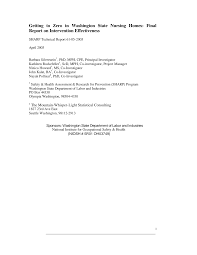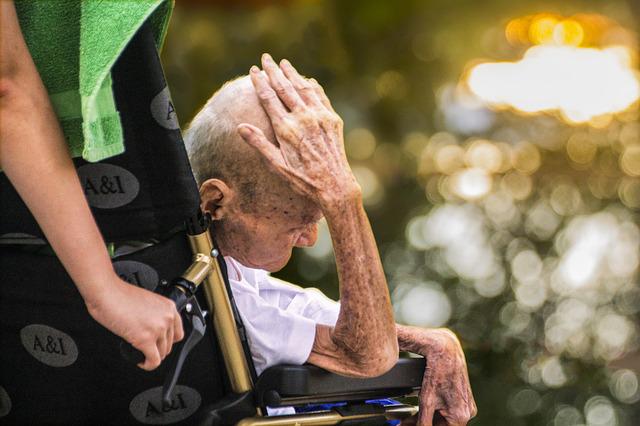
Although family as caregivers is a "no-fault" disease, it's important to remember that the disease is not your fault. Instead of trying control others, try to create a legacy. You will find tips on how to manage the disease and your family’s role as caregivers. This article examines the various ways caregivers can create meaning. We'll also explore how to avoid the most common pitfalls.
Caregiving in a disease that is "no-fault."
In the world of mental illness, family members often serve as the primary caregivers. They often feel dismayed, frustrated, or hurt by their loved one who is suffering from mental illness. Because the illness is a "no-fault" one, they often experience feelings of guilt and resentment. To help them cope, family members can take advantage of self-help groups and special meetings offered by family associations.
Blaming other people
Sometimes, family caregivers can be accused of being a "bad caretaker." Maybe your caregiver role does not meet expectations. Your caregiver role may not be fulfilling your expectations. However, the truth is that caregivers could be suffering from chronic illness. You may feel constant worry and stress. You'll feel worse about yourself if you start to blame others for being your family caregivers.
Creating legacy
It can be powerful to create a legacy in order to remember and honor a loved one who has recently passed. The interventionists guide patient-family caregiver dyads through collaborative planning and evaluation. They can guide the caregivers through the process of choosing a Legacy project, problem-solving, and help patients and families to come to a common understanding of their priorities and make a commitment to complete it together.

Legacy activities are a way to record memories and do a life-review. These activities may include a photograph, hand mould, artwork, or anything else the family would enjoy. Some activities can be planned ahead of time, such as a photography album, or can be spontaneous, such as outings with the family. These activities are important not only for the elderly family member but also for all members of the extended family.